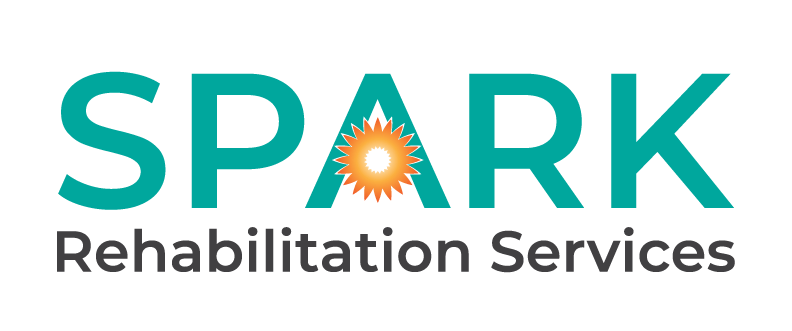Rehabilitation Behavioural
Support
What We Do
- Works under the direction of Regulated Health Care Professionals (RHCP) (eg. Speech Language Pathologist, Occupational Therapist, Physio Therapist, Social Worker, Psychiatrist, etc.)
- Delivers goals of the RHCP’s within natural contexts (home, school, work, community)
- Aims at reducing the impact of impairments, promoting independence and improving well-being
- Tasks may include personal and domestic activities of daily living, leisure/school/work integration, coaching, mentoring and training
- Tasks may also include mentoring, training and modeling for parents/caregivers/schools
- Sparks the client's best life!
How We Help
RBS's are consistent, steady rehabilitation support in the youth’s daily life in all environments (home, school, community).
The RBS is available to the youth wherever the youth requires support and is able to complete transitions from one environment to another seamlessly (e.g. home to school).
RBS's are also able to support the family/care providers by modeling strategies for success. They integrate all of the RHCP’s goals into functional activities allowing for better carryover and generalization within the youth’s life. This allows for greater success with activities of daily living, leisure and school/work, decreasing the impact of impairments, promoting independence and improving general well-being.
Some Evidence to Support Integrated Treatment for Home, School, & Community:
- Ingersoll, B., & Gergans, S. (2007). The effect of a parent-implemented naturalistic imitation intervention on spontaneous imitation skills in young children with autism. Research in Developmental Disabilities, 28, 163-175.
- Sussman. F. More than words- A Parent’s Guide to Building Interaction and Language Skills for Children with Autism Spectrum Disorder or Social Communication Difficulties (2nd Ed.). Hannen Early Language Program: Toronto, Ontario.
- Ylvisaker, M., and Feeney, T. (1998) Collaborative brain injury intervention: Positive Everyday Routines. Singular Publishing: San Diego.
- Ylvisaker, M., Turkstra, L., Coehlo, C. Yorkston, K., Kennedy, M. Sohlberg, M.M., & Avery, J (2007). Behavioural interventions for children and adults with behaviour disorders after TBI: As systematic review of the evidence. Brain Injury, 21(8), 769-805. http://doi.org/10.1080/02699050701482470
BOOK NOW!
We Can’t wait to meet you!
Your future is bright!
Our team is waiting to hear from you to learn how we can help you Spark your best life!
Sign up to our newsletter
Thank you for contacting us.
We will get back to you as soon as possible.
Oops, there was an error sending your message.
Please try again later.
Contact Us
Sault Ste. Marie Office:
589 Second Line E, Sault Ste. Marie, ON, P6B 4K2
Sudbury Office: 208 Caswell Dr., Greater Sudbury, ON, P3E 2N8
Espanola Office: 87 Centre St,
Espanola, ON P5E 1S6
Billing: P.O Box 38, Echo Bay, ON, P0S 1C0
